In the latest episode of talking to myself on Twitter, I ranted about FB’s algorithm banning me from posting kaukauchronicles.org URLs to my group named Kau Kau Chronicles. The group is described as "A place to talk about recipes posted to kaukauchronicles.org.” The algorithm calls my post spam and gives me a choice of two radio buttons: I agree or I disagree. Disagreement is futile. There’s no human, who would likely see the error, to appeal to.
So, I asked this question of Twitter: Can AI be any smarter than its creator?
I received several replies—from bots that were clearly bots, phishing for personal data. So I think I received my answer.
I realized that I was working under a flawed assumption. I thought that for AI to take over, it needed to be smarter than us. And by smarter, I meant, have a capacity for humanity.
I realized that we're already living under the control of inhumane AI. Each time it touches us, we beg it for an empathy that it's incapable of. And in that repeated act, we become less and less human.




















